Online M.Ed. in Special Education: Early Intervention – Early Childhood Concentration
*Check your state’s Department of Education requirements to determine if testing is required.
About the Program
The online M.Ed. in Special Education with a concentration in Early Intervention – Early Childhood gives you the skills to prepare children five and younger with a range of special needs and their families for success. You’ll learn to use the latest evidence-based strategies and advanced teaching methods, support and nourish family relationships, collaborate with other professionals, and gain hands-on teaching experience. By understanding how to apply best practices, you can effectively provide young children with disabilities with the critical developmental and educational experiences essential to thrive.
Contact Us
Have questions about earning your M.Ed. in Special Education online with UMaine? Contact a UMaineOnline advisor.
Student Experiences
Curriculum
Our curriculum explores every element of the early intervention environment. Courses provide the foundations of early intervention professional practice in various areas. Throughout the program, you’ll work closely with a faculty advisor to ensure the program meets your needs
Admissions
We have rolling admissions, so you can apply and be accepted into the program anytime. However, the following priority deadlines are recommended:
- Fall Semester: May 10
- Spring Semester: November 1
- Summer Semester: April 1
Applications will still be reviewed after these dates, but acceptance may be deferred for the next semester.
Careers
The need for well-trained and knowledgeable special education teachers has never been greater. The demand for special education teachers is rising as children with disabilities are increasingly identified earlier and more are enrolled in special education programs.
According to the U.S. Bureau of Labor Statistics (BLS), there are expected to be 33,500 job openings for special education teachers annually from 2022 to 2032. The median annual wage for special education teachers was $65,910 in May 2023, higher than the median yearly wage for all occupations of $48,060.
The concentration can lead to Maine certification in a Teacher of Students with Disabilities (0 to age 5) (282B). Specific information regarding Maine certification is available through the Maine Department of Education.
Graduates can also find opportunities outside the classroom as supervisors and administrators or in social work, health care, or therapy.
NC-SARA Statement
This program will prepare students to be eligible for licensure within the State of Maine. Visit the UMS State Authorization & Licensure page to learn more about the licensure requirements in other states and territories and the contact information needed to inquire further into the licensure requirements associated with this program.









